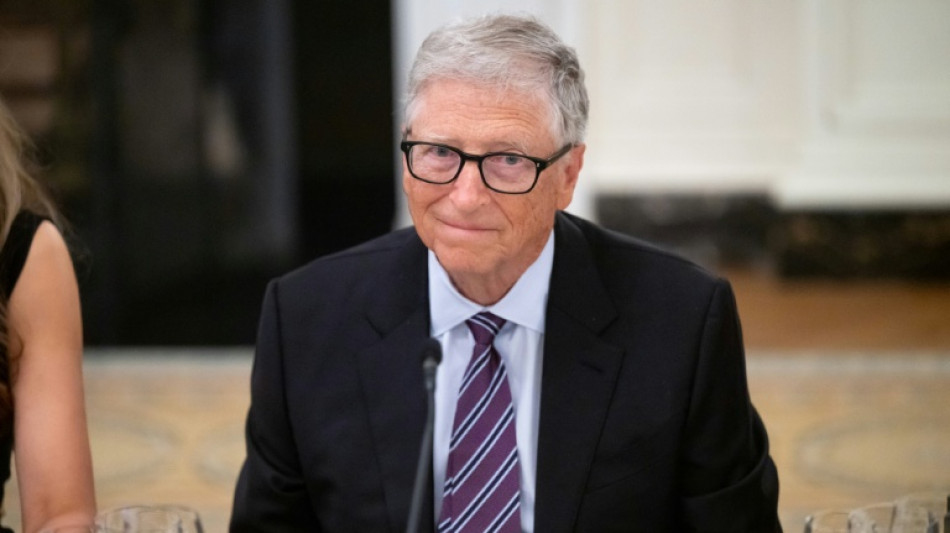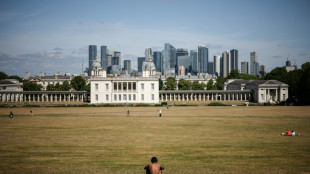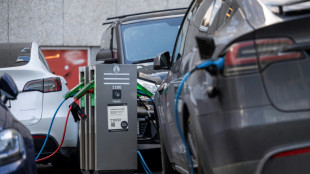
Climate change won't end civilization, says Bill Gates

Climate change "will not lead to humanity's demise," billionaire philanthropist Bill Gates has said in a long memo in which he argued that tackling global disease and poverty will help prepare the planet's poorest for a warming world.
The missive was seen as a pivot by the 70-year-old Microsoft co-founder, a major backer of green technologies through his Breakthrough Energy organization, and comes days ahead of the COP30 climate summit in Brazil, whose leadership Gates praised for placing climate adaptation and human development high on the agenda.
Gates acknowledged that critics may charge him with hypocrisy because of his significant carbon footprint or argue the memo was a "sneaky way of arguing that we shouldn't take climate change seriously."
But he said that while climate change will have "serious" consequences, "people will be able to live and thrive in most places on Earth for the foreseeable future."
Gates's memo outlined his "Three tough truths about climate": climate change will not end civilization, limiting temperature is not the best measure of progress, and health and prosperity are the strongest defenses against climate destabilization.
He also pointed to significant progress in cutting emissions to date and said he was optimistic future technology innovation would pave the way for more.
While the planet is dangerously off course in meeting the Paris Agreement's goal of limiting long-term warming to 1.5 degrees Celsius, Gates argued that rather than fixating on the precise figure, the world should strengthen its resilience.
For most of the world's poor, he added, poverty and disease remain the more pressing problems, he added.
"Our chief goal should be to prevent suffering, particularly for those in the toughest conditions who live in the world's poorest countries," he said.
That means, for example, less focus on limiting extremely hot and cold days, and more on ensuring "fewer people live in poverty and poor health so that extreme weather isn't such a threat to them."
Looking ahead, Gates said a key climate strategy should be to reduce the so-called green premium -- the cost difference between clean and dirty ways of doing something -- to zero for materials such as cement, steel, and jet fuel.
He compared the memo to one he wrote at Microsoft 30 years ago urging the company to put the internet at the heart of everything it did.
Likewise, he said, the climate community needs a "strategic pivot" at COP30 and beyond.
"Prioritize the things that have the greatest impact on human welfare," he said.
Critics said Gates' essay lacked substance and posed a false choice between climate action and reducing human suffering.
"Mr. Gates has set up a false frame that pits improving lives against science-based temperature and emissions goals. In fact, the two are intrinsically connected," Rachel Cleetus of the Union of Concerned Scientists told AFP.
"The warming climate is directly undermining poverty eradication and human development goals around the world.
"Hurricane Melissa, a climate change-fueled monster storm, is just the latest example of the deadly and costly consequences of climate change for nations already struggling with complex humanitarian challenges."
Transitioning away from fossil fuels will bring health and economic benefits while disrupting the "malign influence" of Big Oil on the future of the planet, she added.
Z.Ryu--SG

 London
London

 Manchester
Manchester
 Glasgow
Glasgow
 Dublin
Dublin
 Belfast
Belfast
 Washington
Washington
 Denver
Denver
 Atlanta
Atlanta
 Dallas
Dallas
 Houston Texas
Houston Texas
 New Orleans
New Orleans
 El Paso
El Paso
 Phoenix
Phoenix
 Los Angeles
Los Angeles



